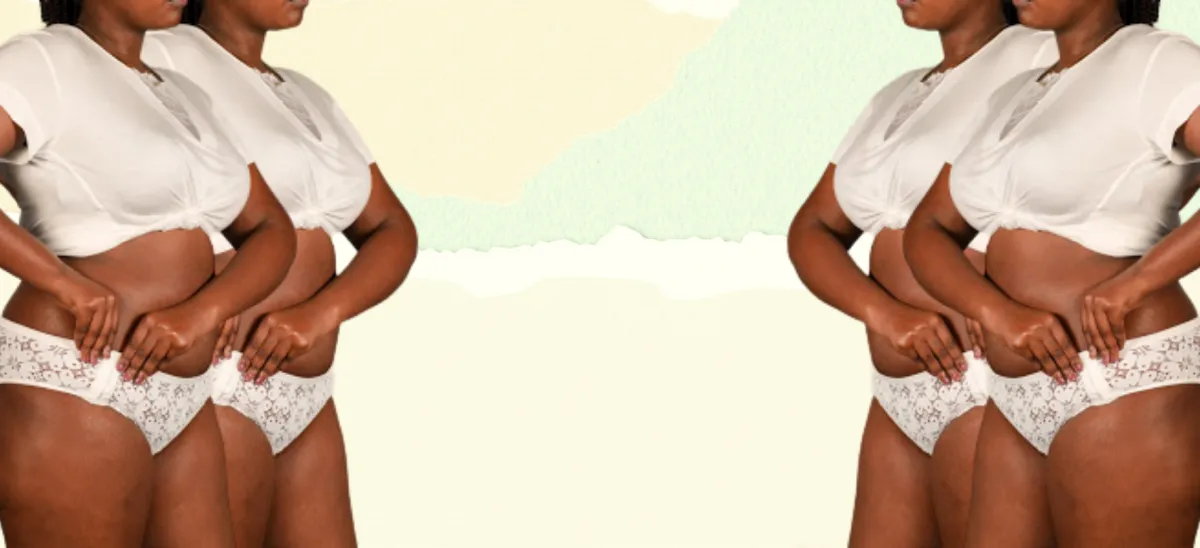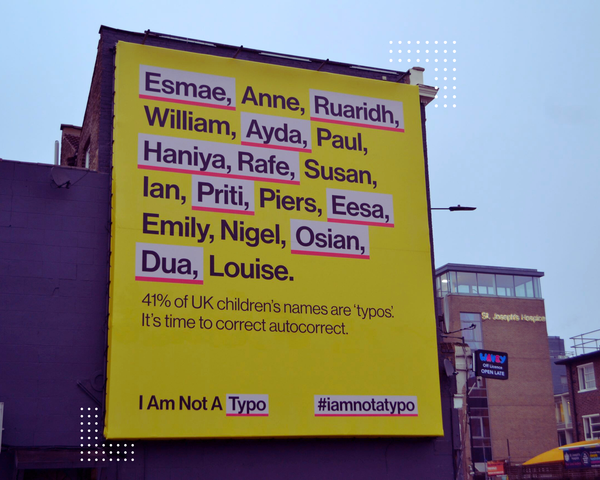“Just because you have limited mobility should not mean you have limited choices”: An Interview with Funmi Lawal, Founder of Clip-Knix
Designing for people living with disabilities is a necessity, not a trend, as the adaptive clothing market is forecast to be worth nearly £280bn by 2026.

Access the Audio Read version of this article directly on Spotify for Podcasters.
“The difficulties that I encountered when getting dressed got me thinking about possible solutions to make living more simple.”
Sponsored by Clip-Knix
Designing for people living with disabilities is a necessity, not a trend, as the adaptive clothing market is forecast to be worth nearly £280bn by 2026 (Coherent Market Insights).
We talked about all things adaptive clothing with Funmi Lawal, the founder of Clip-Knix, the premier retailer of clip-on underwear in the UK, as well as her personal journey finding adaptive undergarments when her own mobility was reduced. In collaboration with Innovate Product Design based in Salisbury, Clip-Knix focuses on designing and manufacturing a practical yet fashionable underwear solution for women who cannot bend or stretch when dressing.
Funmi Lawal, a British mother-of-two, of Nigerian Heritage, had a stroke soon after childbirth at the age of 35 and saw her life change. Unable to dress like she used to, she thought of a solution for herself and others who experienced the same. This is what she had to say about the fashion industry, and how Clip-Knix was born.
The Spill: Clip Knix is clearly more than a business to you. How did it all happen?
Funmi Lawal: It came to me in 2002, when suddenly and unexpectedly I faced a future that required me to manage my own limited mobility. What I didn’t immediately know at the time was that the second bout of preeclampsia, which I was diagnosed with during my last pregnancy, would have a long-lasting impact on my future health. After 35 years of independence, I ended up in a wheelchair. I couldn’t walk, bending down was painful, and putting on underwear felt like a battle. Every. Single. Day. The difficulties that I encountered when getting dressed got me thinking about possible solutions to make living more simple.
From this seed of an idea, Clip Knix was eventually launched as a product in 2018, and I am proud to be able to assist others who are also unable to bend or stretch when dressing.
To me, it is not just a business enterprise. It is my passion for wanting to help others as I have experienced the same situation. My aim is to see other people live independent lives as much as possible, and positively. The consequential application that arose from the product, such as camping, hiking, pregnancy, bedroom antics, was not primarily why the brand was initiated, but the initial reason was to help people with limited mobility.
TS: How was the launch?
FL: We launched Easter 2021. It was well received, however, the novelty of the product remains the barrier to any adaptive clothing.
TS: How are the garments made?
Our standard range is from organic cotton. Our traditional and classic garments are made from stylish lace materials.
TS: What are your thoughts about the current fashion industry, and why do you think it’s so slow to make adaptive clothing??
FL: There is more emphasis on ready-to-wear, rightly so, and only recently has the fashion industry embraced adaptive clothing. Even so, its innovation is muted, and investment is not usually forthcoming. The forerunner in adaptive clothing is Tommy Hilfiger.
I think it comes from the perception that it would not be commercially viable on the high street. This is gradually fading, as brands are now realising that there is a lot to be gained. It is projected that adaptive clothing could raise billions for the economy in a decade.
TS: What do you wish fashion brands did more for people with reduced mobility?
FL: We are too dependent on ready-to-wear, and more emphasis should be made on the elderly and people with limited mobility. Just because you have limited mobility should not mean you have limited choices. In most cases, people with limited mobility buy ready-to-wear and send it to a seamstress to mend, but there won’t be a need for that when it will be more available.
TS: How do you hope to develop the brand and collections in the future?
We currently have a presence on all social media. We have also been granted a patent, as it is the first in the world, and we are marketing Clip-Knix all over the world. For starters, Clip-Knix is on Amazon in Europe, North America, and the Middle East.
We are also creating a bra with matching underwear and new designs.
For more information visit www.clip-knix.biz





